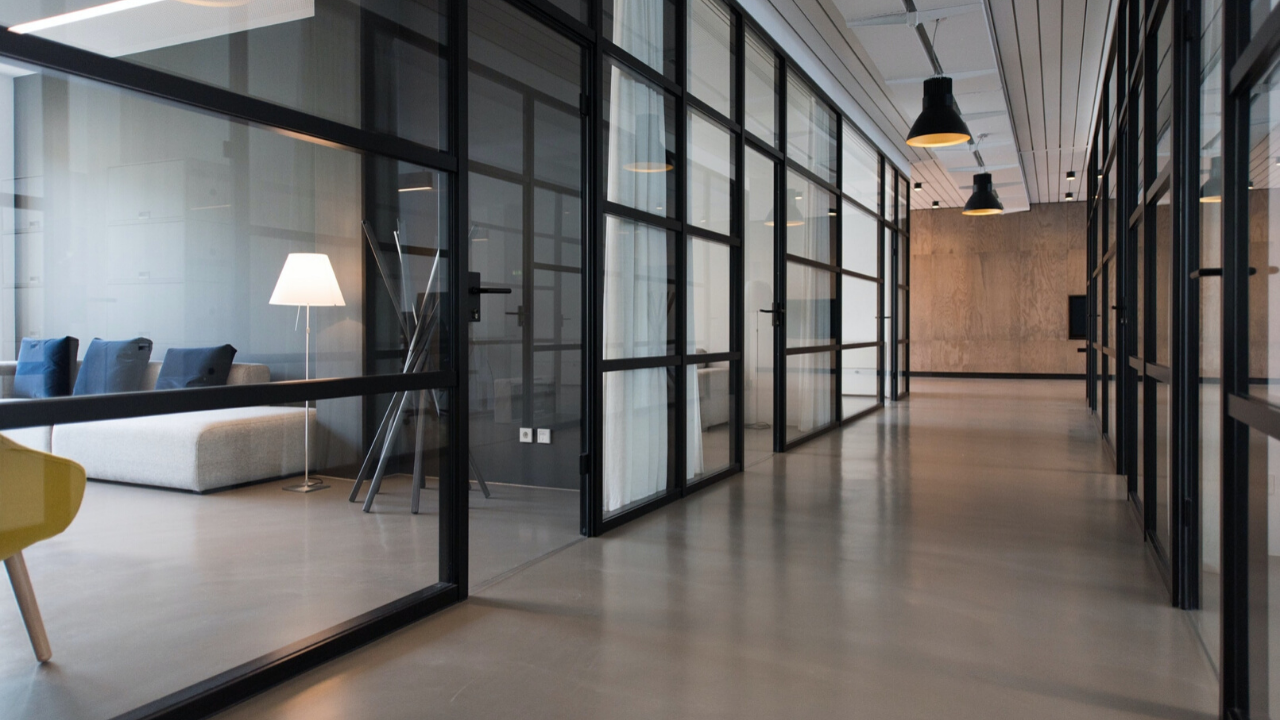Working in close proximity in open-office plans will no longer cut it as physical distancing becomes part of our everyday norm.
Moving forward, companies will opt to take dedicated and private offices, which flexible workspace providers will need to accommodate. This has also led organizations to reevaluate just how much office space they need, which could be a good sign for the flexible workspace industry.
Jim Groves, CEO of flexible office marketplace Rubberdesk, predicts that businesses will downsize and have employees working in their headquarters, or office hubs closer to their homes in the suburbs. Additionally, companies will likely flock to workspaces that offer flexible, short-term and cost efficient leases as the economy takes a downturn.
“They’ll always have the head office or ‘core’ space on traditional leases but then they’ll have a combination of flexible workspace and working from home,” said Brad Krauskopf, founder and chief executive of Hub Australia. “Flexible workspace is thus going to be the biggest beneficiary of everything that’s happened, and it’s shown both employers and workers that workspaces should be about the people who use them, rather than about the businesses’ spaces themselves. We are part of the solution.”














